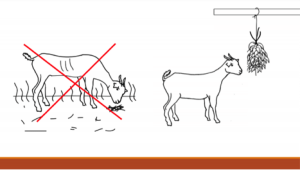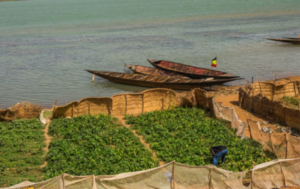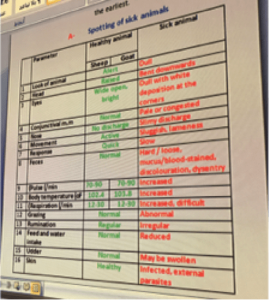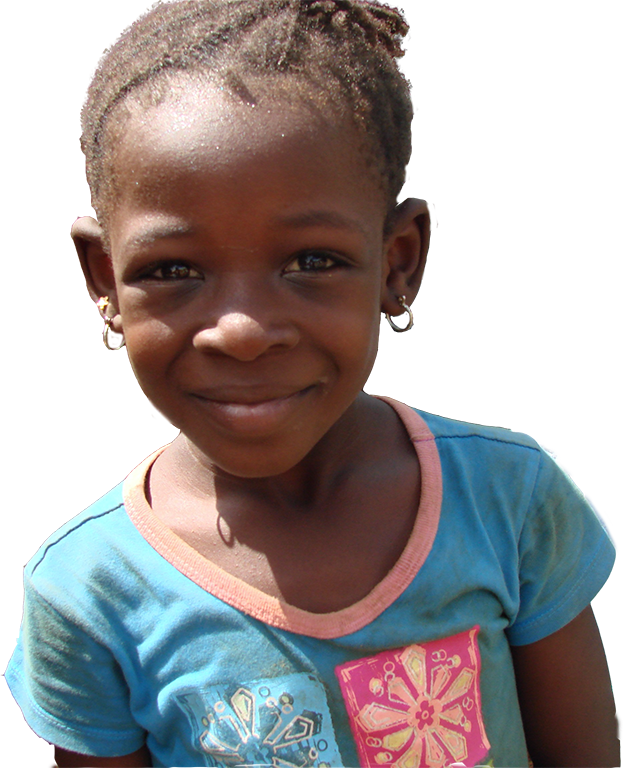
Enhance Local Production Methods
Sep. 11 | 2017
Enhance Local Production Methods

Lack of technical knowledge, business start-up, and marketing are some of the driving forces for Malian entrepreneurs. Four out of five Malians live off the land or river. Most depend on cash crops, cereals, livestock, and fish for their livelihood. The agricultural sector, the driven force of Mali economy, counts for more than 53% of the GNP, employs 83% of the working population. Women and youth remain the main workers but are poorly trained and organized with the lack of land, capital, and equipment.
The overall objective of the assignment was to provide knowledge, skills, and tools about improved marketing and sales strategies. Diverse farms include small ruminants, cattle and mixed products such as vegetables, fonio, Moringa, shea butter, and cotton. Trainings included information on business and marketing concepts, evaluation and the creation of a seven year business and marketing plan.

Improvement of the population’s livelihoods, especially for women and youth, were addressed by an assessment of the main opportunities targeting producer organizations in small ruminant production, nutrition, and entrepreneurship. Individual technical assistance was provided to participants interested in combining sheep and goat production and other crops such as fonio, Moringa, vegetables and cotton to help them identify gaps in production, development and marketing. Obstacles and challenges were identified and next steps for improving strategies or making linkages defined. Recommendations were provided on ways to improve their investment in the small ruminant and specialty crop value chain for increased family income and productivity.

Marketing assistance was also provided to the owner of a traditional weaving business. Technical assistance was provided to a Bogolan business owner, producer, manufacturer and distributer and to the program AMPJE for young women and girls (ages 6-25) that provide training in gardening, sewing, photography, and soccer.
“The youth who participated expressed a future of hope, progress and improved economic development. These young women and men are looking for newer and more efficient ways to reach new markets and be a part of the overall growth of Mali. Thank you for allowing me this wonderful opportunity to share what I know.” Sharman

